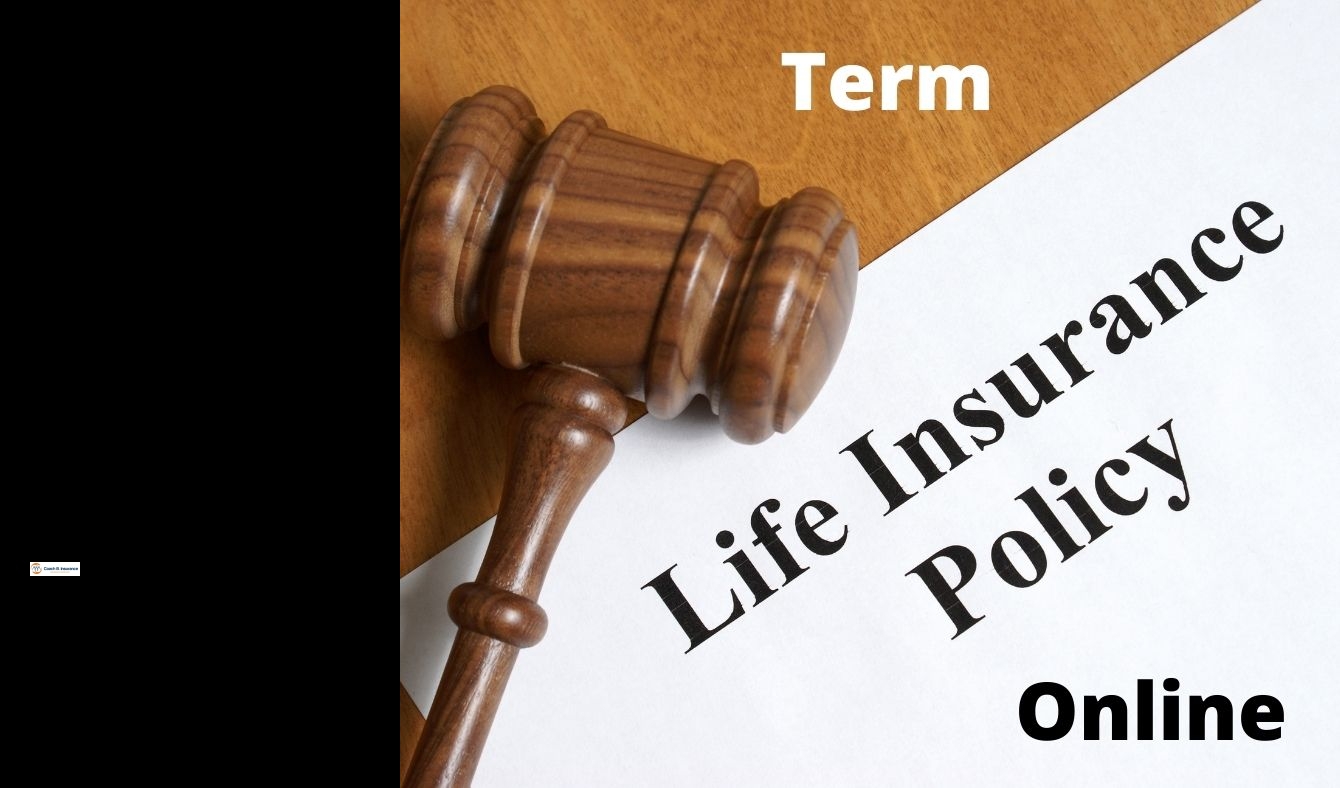what is term life insurance
There are two types of standard life insurance policies that don't require medical exams: guaranteed issue and simplified issue. Knowing the differences between them and what they offer can help you choose which policy is best for your needs.
Sometimes you can purchase online life insurance without needing to complete a medical exam. Term coverage doesn't have cash value. Term life is generally sufficient for most families.



